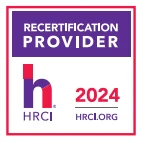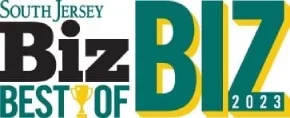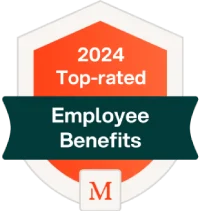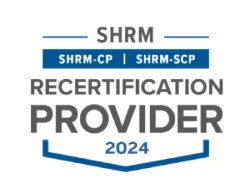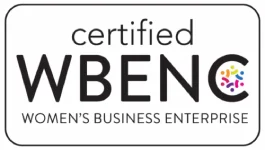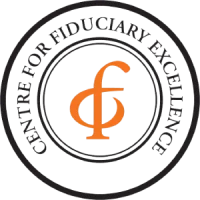NJ Employers Must Adhere to Latest Executive Orders Mandating Health and Safety Protocols for COVID-19
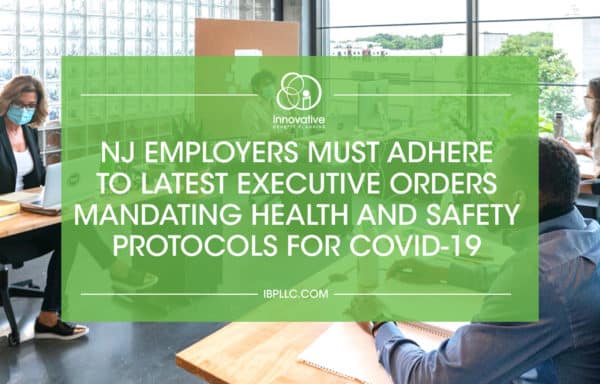
NJ Employers Must Adhere to Latest Executive Orders Mandating Health and Safety Protocols for COVID-19
On October 28, 2020, New Jersey Governor Phil Murphy signed Executive Order No. 192 (EO 192), which mandates that New Jersey employers abide by certain health and safety standards in an effort to protect employees and other individuals at workplaces during the pandemic.
The executive order, effective 6:00am November 5th, will take the following actions in three areas:
Workplace health and safety standards to cover all NJ workers :
The executive order will require both private and public sector employers to follow health and safety protocols that will serve to protect their in-person workforces. The Order mandates all employers:
- Require individuals at the worksite to maintain at least six feet of distance from others to the maximum extent possible;
- Require employees, customers, visitors, and other individuals entering the worksite to wear cloth or disposable face masks while on the premises, in accordance with Centers for Disease Control and Prevention (“CDC”) recommendations, except where the individual is under two years of age or where it is impracticable for an individual to wear a face mask, such as when the individual is eating or drinking or where a service being provided by the employer cannot be performed on an individual who is wearing a mask; i. Masking requirements specific to employees: 1. Employers may permit employees to remove face masks when the employees are situated at their workstations and are 5 more than six feet from other individuals at the workplace, or when an individual is alone in a walled office;
- Provide approved sanitization materials to employees and visitors at no cost to those individuals;
- Ensure that employees practice hand hygiene and provide sufficient break time for that purpose;
- Routinely clean and disinfect all high-touch areas in accordance with DOH and CDC guidelines;
- Conduct daily health checks, such as temperature screenings, visual symptom checking, self-assessment checklists, and/or health questionnaires, prior to each shift, consistent with CDC guidance;
- Exclude sick employees from the workplace and follow requirements of applicable leave laws; and
- Promptly notify employees of any known exposure to COVID-19 at the worksite.
Collaborative enforcement mechanism to address complaints
The Department of Labor and Workforce Development (NJDOL) will support the Department of Health’s efforts to address worker complaints from their employers. NJDOL’s roles will include establishing an intake form on the NJDOL website to receive complaints and developing an investigation and inspection protocol to review complaints.
Training program to inform workers of their rights and to encourage employer compliance
The executive order also directs NJDOL to provide compliance and safety training for employers and employees. The department will provide materials to inform workers of their rights and businesses of their obligations as well as coordinate with workforce training partners to create and provide training.
Penalties for non-compliance
Penalties for non-compliance with the mandates of EO 192 include the potential closure of worksites, fines of up to $1,000 and up to six months in prison.
For a downloadable pdf, click here.
Categories
Archive
